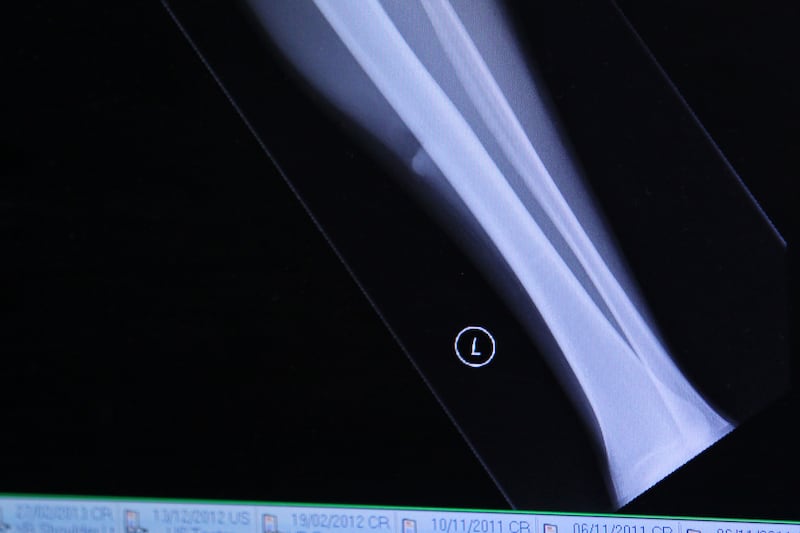Even young brains are likely to suffer in the heatwave, new research has shown.
US scientists compared the mental performance of 44 students in their late teens and early 20s living in dormitories with or without air conditioning.
During a five-day heatwave in 2016 both groups were asked to perform tests of memory, thinking speed and concentration on their smart phones.
Those in older dorm buildings that lacked air conditioning showed worse results over five measures of cognitive function.
Typically their performance was 13% lower. Students given the luxury of air conditioning were both faster and more accurate in their responses.
Lead researcher Dr Jose Guillermo Cedeno-Laurent, from the Harvard Chan School of Public Health in Boston, said: “Most of the research on the health effects of heat has been done in vulnerable populations, such as the elderly, creating the perception that the general population is not at risk from heatwaves.
“To address this blind spot, we studied healthy students living in dorms as a natural intervention during a heatwave in Boston.
“Knowing what the risks are across different populations is critical considering that in many cities, such as Boston, the number of heatwaves is projected to increase due to climate change.”
The biggest difference in mental performance between the two student groups was seen when outdoor temperatures began to fall, but indoor temperatures remained raised in non-air conditioned rooms.
“Indoor temperatures often continue to rise even after outdoor temperatures subside, giving the false impression that the hazard has passed, when in fact the ‘indoor heatwave’ continues,” said co-author Dr Joseph Allen, also from the Harvard Chan School.
The study is reported in a special issue of the journal Public Library of Science Medicine focusing on climate change and health.








